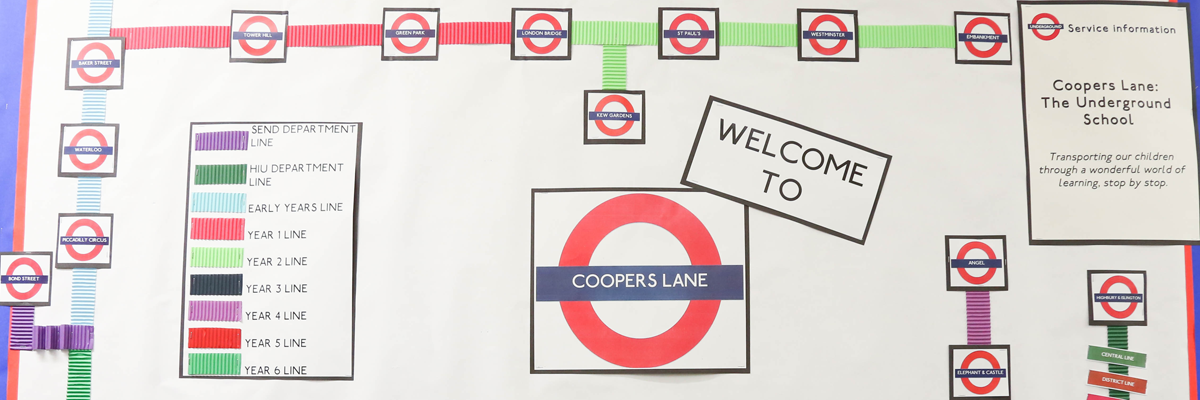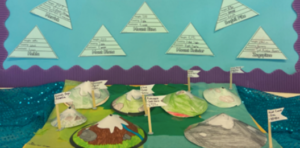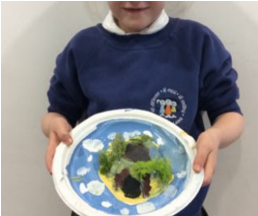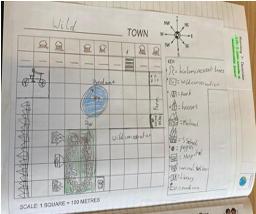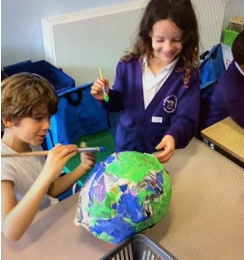Geography
“Geography is a living, breathing subject, constantly adapting itself to change. It is dynamic and relevant. For me geography is a great adventure with a purpose.”
― Michael Palin
At Coopers Lane, we understand the importance of learning geography and are inspired to love and care for our extraordinary world from an early age. We engage in creative, purposeful and practical learning experiences that motivate us to become responsible global citizens and make positive changes for the future.
When you join a geography lesson at Coopers Lane, you will see us as inquisitive geographers who are encouraged to be independent and innovative thinkers by reflecting on our own experiences of the world. You will see a rich curriculum which develops our curiosity and wonder. We start our journey by exploring the whole world before we look in more detail at specific countries and continents. You will see that each year we build upon our map working skills, discovering links between different countries and places as well as our local environment. Through our time here, we also deepen our understanding of the Earth’s key physical and human processes and of the formation and use of landscapes and environments.
As geographers, we are encouraged to use our analytical skills to find patterns and draw conclusions from map work, fieldwork and other data. The use of technology, such as interactive maps and analytical apps, are regularly used to engage and inspire us. We express our creativity, regularly make links with DT, art and computing, by completing meaningful and engaging projects. We use our communication skills, as well empathy, to work collaboratively with others and express our opinions respectfully.
Geography promotes and demonstrates our school values in many ways. Through a diverse curriculum we listen, respect and show kindness to different cultures and have empathy towards others. We enjoy celebrating the diverse community we live in and make sure that it is represented in our curriculum.
We understand that our actions and voices have power, and that we are the future.
Knowledge Organisers
We’ve created amazing knowledge organisers for each Geography topic which summarise the key knowledge that the children should know by the end of the topic. Have a look at our ‘How To’ knowledge organiser to find out how they work:
Autumn Term
- Year 1: The Classroom and School Environment
- Year 1: The Globe and World Map
- Year 2: The Globe, World Map and Islands
- Year 3: Settlements and Populations
- Year 5: Mountains, Water Cycles and Rivers
- Year 6: Spacial Sense and Map work
Spring Term
- Year 1 – The UK
- Year 2 – Africa
- Year 3 – Greece
- Year 4 – Spatial Distribution of the Roman Empire
- Year 5 – Northern Europe
- Year 6 – Economic Activity
Summer Term

